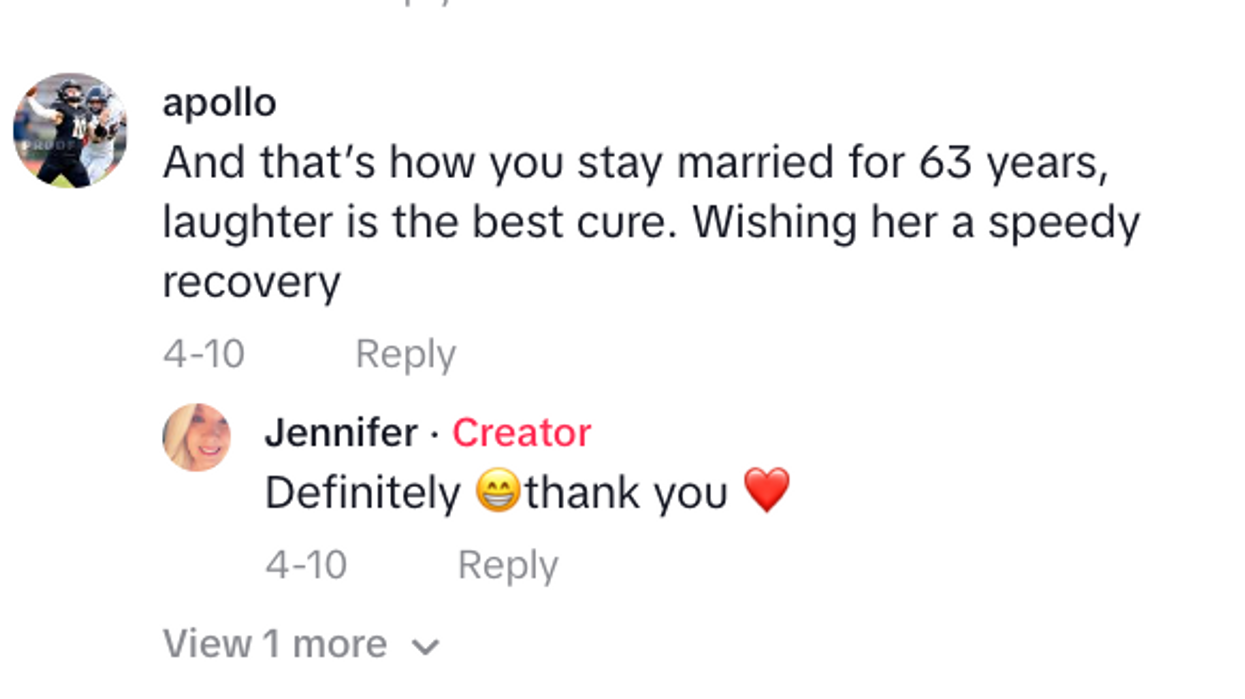
Why Time-Management is Such a Big Challenge - And How to Overcome It
Time– we can never seem to find enough of it.
Or can we?
Time-management is a challenge expressed by many. It’s something I wrestled with for some time as well, all the way back to when I was working at the family business while trying to get my writing career off the ground. During that period, time was a resource which I never had enough of.
However, over the past decade, my view on time has changed considerably. But it hasn’t just changed in theory– what I’ve learned has allowed me to stop wrestling with the idea of time-management altogether.
Why Time-Management is Such a Big Challenge (and How to Overcome It)
When a man sits with a pretty girl for an hour, it seems like a minute. But let him sit on a hot stove for a minute — then it’s longer than any hour. That’s relativity!– Albert Einstein
Time-management refers to how we structure our day, managing the tasks you perform so that you can get everything done within the time that’s been allotted to you.
Why it’s a challenge is pretty simple: it’s a limited resource. By our very nature, anything which is a limited and valuable resource is typically maxed out continuously.
In such a scenario, we’re constantly trying to feed from a nearly dry tap to handle new tasks immediately as they arise. This vigorous back-and-forth dance leads us to be constantly exhausted and without much energy to tackle the actual task at hand.
But why does this matter? And what does it have to do with how we manage our time? Afterall, we can’t get more time, right?
Right?...
Why time is relative (and how to use that to your advantage)
We’re always working so hard, pushing ourselves to the brink.
We wish we had more time, but we know that’s just a fantasy, so we work to become as efficient as possible with the time that we do have to squeeze the most from each day.
There’s only one problem– and it has to do with a basic assumption that we make about time itself.
We make the mistake that all time is of the same quality. And yet, on some days we get a full day’s worth of work within a matter of a few hours. And, on others, we take all day to complete just a few hours worth of work.
Is it really that we need more time? Or to become more efficient with the time that is given to us– cutting corners, refining our patterns, and shaving away the inessential– or it something else? Is it, perhaps, the fact that we’re focusing too much on surface-level issues such as the organization of time and not enough on how effectively we perform within a given period of time?
To some degree, this is what productivity is. However, there’s more to it. Productivity is a metric, but conversations on productivity often center around, again….cutting corners, removing the inessential, you get the idea.
What the conversation needs to be more about is how we can place ourselves into the optimal state to perform at our best in any given moment in time. This is the difference between getting X amount of work done within three hours vs. eight, and it’s what really matters when talking about time-management.
It’s important -- essential, even -- to be efficient with our time. To cut away the inessential, find extra moments in our day where we can get things done, and overall just be ruthlessly intentional with how we spend our time.
However, without first placing ourselves into the optimal state, what we accomplish when we actually sit down (or get up, depending on what you do) to work will be far less effective, so drastically, in fact, that talking about anything else without first optimizing our state seems foolish.
How to optimize your state for maximum use of time
So then, how do you optimize your state? Fortunately, this comes down to just a few regular activities that are generally easy to control.
The most effective activities for optimizing your state that I have personally found are:
First, meditation is the epitome of optimization activities. Meditation clears the mind to enhance our creativity, focus, and sharpens our awareness, all critical things to optimize our state and get more out of a period of time.
Physical exercise is critical for similar reasons, but more notably it maximizes our energy so that when we work, we’re less likely to slow down and lose our focus.
And, finally, flow state is less something that has to do with optimizing our state and more the optimal state that we want to achieve when doing our primary activity. The goal here is to learn how you most frequently and effectively enter a flow state so that you can attempt to maximize the amount of time you’re in flow.
Each of these things, when taken together, allow you to get far more out of each minute of time than the average person.
In this way, it becomes less about how you can most effectively manage your time and more about how you can continue to climb to new states of performance to do more in the same amount of time.
Once you’ve mastered this, the world opens up to you because you’ve gained full control over your time.




















 Old photobooth strip of Nana and Papa@jennjensc/TikTok
Old photobooth strip of Nana and Papa@jennjensc/TikTok An elderly woman sits in chair with blue blanket while doing chemotherapy.@jennjensc/Tiktok
An elderly woman sits in chair with blue blanket while doing chemotherapy.@jennjensc/Tiktok screenshot of a comment on TikTok@jennjensc / TikTok
screenshot of a comment on TikTok@jennjensc / TikTok











Military Dad Defends His 4 Little Daughters When Strangers Make This Rude Remark